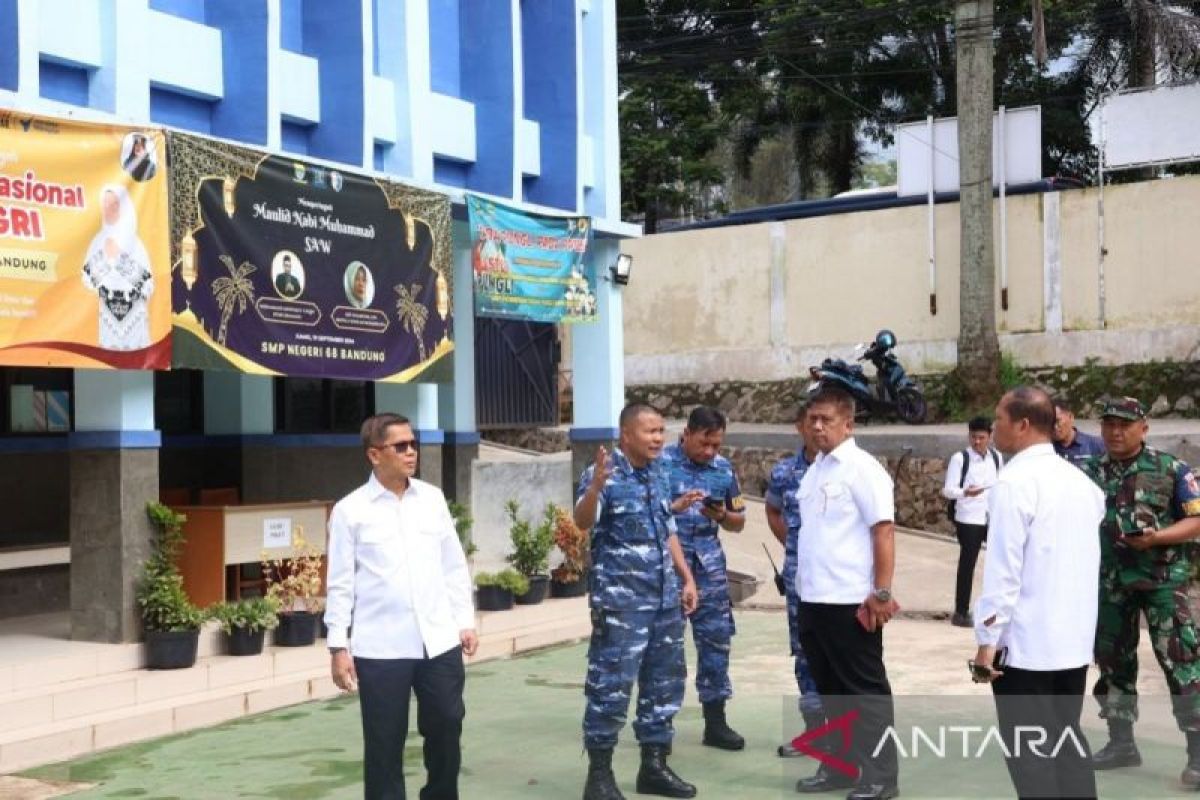Indonesia’s Air Force Takes Flight into Fight Against Child Malnutrition
In a heartwarming display of civic duty, Indonesia’s Air Force is expanding its role beyond protecting the nation’s airspace, taking aim at a critical issue: child malnutrition.
Inspired by the government’s ambitious "Free Nutritious Meals" program, the TNI AU, as the Indonesian Air Force is known, is setting up large-scale kitchen facilities at airbases across the archipelago. These kitchens will churn out thousands of healthy meals daily, aimed at providing essential nutrition to millions of Indonesian schoolchildren.
“The program deserves full support because I am confident it will protect our children from malnutrition, which can hinder their growth,” said Air Chief Marshal Mohamad Tonny Harjono, TNI AU Chief of Staff.
He expressed high hopes that improved nutrition would contribute to a robust future workforce, poised to drive Indonesia’s progress toward its "Golden Indonesia 2045" vision.
The ambitious goal is to prepare nutritious meals for approximately 2.81 million children, particularly those attending schools near the airbases. This massive undertaking involves close collaboration with the National Nutrition Agency (BGN), ensuring stringent quality control at every stage, from kitchen design and ingredient selection to the cooking processes themselves.
Several airbases have already launched pilot programs, testing the kitchen operations and providing meals to local schools. These include airbases in Jakarta, the Riau Islands, West Nusa Tenggara, and East Java.
“[This] airbase will be able to produce three thousand to four thousand portions of meals daily,” stated Marshal Harjono, outlining the plan.
By January 2nd, 2024, the full rollout of the program is expected, following a period of rigorous testing and refinement.
A Glimpse Inside the Kitchen
One of these operational kitchens, nestled within Jakarta’s Halim Perdanakusuma Air Base, offers a glimpse into the scale of this operation. Six spacious rooms, including large cooking areas, dedicated food preparation areas, and even a cold storage facility, hum with activity. This particular kitchen has the capacity to produce an impressive 11,000 meals daily.
Air Commodore Muzafar, Commander of Halim Perdanakusuma Air Base, emphasized the air force’s commitment to quality, stating that: “The kitchen produces only high-quality food as the entire process is supervised by the BGN.”
Feeding over 10,000 students across 22 schools within the airbase’s vicinity is the target.
To ensure a steady supply of fresh ingredients, the airbase has even dedicated 6.5 hectares of land to agricultural production.
A Cooperative Effort with Broader Implications
The involvement of the Indonesian Air Force in the "Free Nutritious Meals" program is garnering positive attention.
Khairul Fahmi, co-founder of the Institute for Security and Strategic Studies, applauds the initiative, highlighting the Air Force’s ability to expedite food delivery across Indonesia’s vast territory: “With large kitchens and airbases situated in residential areas, they can reach those in need more easily."
However, Fahmi stresses the importance of maintaining a civilian-led program, with the Air Force playing a supporting role: "It’s vital for Indonesia to ensure that its military only plays a supporting role in the program."
Transparency in the Air Force’s participation is also paramount, setting a positive example for the military and bolstering public trust.
This innovative partnership between the Indonesian government and its Air Force signifies a powerful move towards addressing the critical issue of malnutrition. The hope is that this program will nurture a healthier generation, propelling Indonesia toward a bright and prosperous future.

